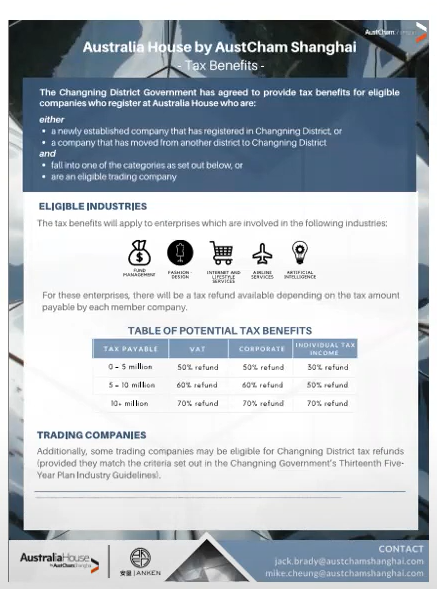WFOE – Wholly Foreign-Owned Enterprise
WFOE is the most common and oftentimes preferred business entity for international companies in China. Any company that is fully owned by a foreign investor or investors in China is in fact a limited liability company – or WFOE in short. Since the entire registered capital is foreign-sourced, it grants the WFOE’s investors the greatest level of independence and flexibility in matters of running the business.
It is important to note that branches and representative offices set up by foreign enterprises are not WFOEs. This point is important because unlike other business structures, WFOEs can hire both foreign and local employees.
There are three main WFOE types:
- Manufacturing WFOE: Expected to set up manufacturing in China, and allowed also to trade and provide consultation services.
- Service/consulting WFOE: Allowed only to provide consulting services within specific industries in China.
- Trading WFOE or FICE (Foreign-Invested Commercial Enterprise): Allowed to trade, wholesale, retail or franchise in China. This type of WFOE is eligible to apply for a customs license which allows engaging in import-export processes independently.
The WFOE – Main Advantages
- Managers do not need to rely on partners when formulating their WFOE’s business strategy in China
- WFOEs can hire both local and foreign employees, with no limitations regarding the number of foreigners employed
- The overseas HQ can inject money into the WFOE tax-free, through the registered capital
- WFOEs can transfer China-sourced income as dividends
- WFOEs can deduct their own import VAT and do not need to rely on import agents or distributors
- WFOEs can enjoy tax benefits, grants and tax deductions in specific designated area
- When operating a WFOE in China, you are signaling to both clients and the local government that your company and its products and services are in the midst of establishing a long-term relationship with China and the Chinese market.
Risk and liabilities
Setting up a WFOE in China can come with certain risks and liabilities:
- HR: Direct liability for any dispute with the WFOE’s employees. Direct liability for paying all social benefits and income tax for the WFOE’s employees, under the Chinese labor law
- Finance: Direct risk and liability for paying any WFOE tax liability, including: VAT, profit tax, dividend tax, import VAT, etc.
- Trade: Direct liability for any business activity performed by the WFOE’s employees with or without acknowledgment of the parent company.
- Operations: Broad exposure for the company’s reputation, assets and business activity, which can be compromised by employees, business partners and competitors.
The Right Time to Set Up a WFOE
You do not need a WFOE to:
- Employ local employees
- Employ foreigners and obtain visas and work permits
- Sign a contract or obtain office space
- Manage HR: salaries, social benefits, expenses, etc.
- Manage finance flow
- Import products into China
- Claim an import VAT refund
- Store products in a warehouse or logistics center
- Sell products and issue RMB VAT invoices (Chinese: Fapiao)
- Set up a Chinese website
- Register a WeChat account
- Set up an E-commerce store
Setting up a WFOE in China: The when & why
- Stable market & income
- You employ several loyal employees that have proven themselves professionally
- Your business activity requires you to present your own license
- Your products require a complicated license
- You want to set up an E-commerce structure that requires you to own an ICP
Opko Finance, an accounting and outsourcing services company based in Asia and managed by a French expatriate, helps Start up, SME, Entrepreneurs, subsidiaries of big companies to set up and develop their business in the best hubs in Asia and Middle East, faster and with fewer resources through outsourcing solutions in the Philippines.
For any information on the set up a WOEFE in China, please contact our team to info@opkofinance.com.
#outsourcing #outsourcedAccountingPhilippines #outsourcedBackOfficeServices #InvestInThePhilippines









